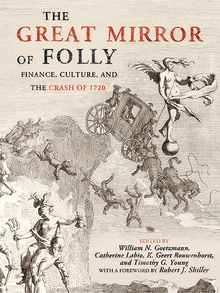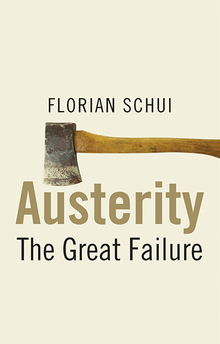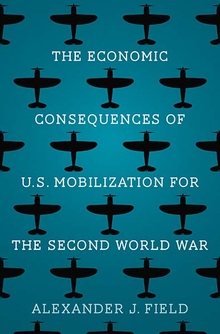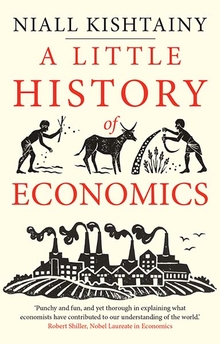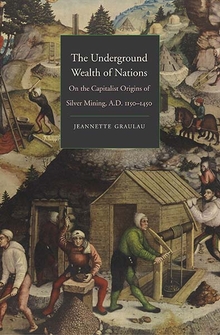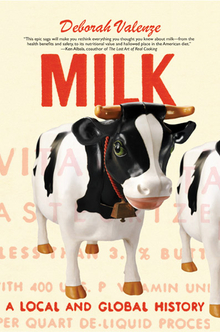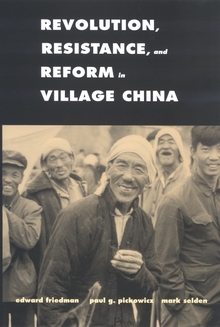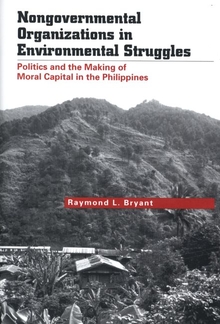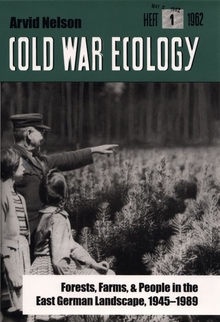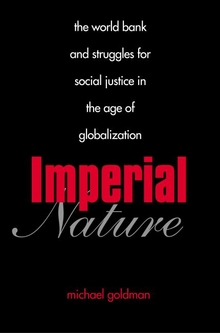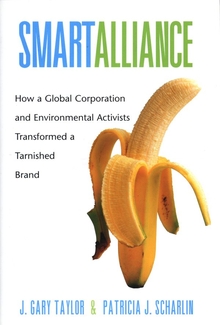The Invention of Scarcity
WARNING
You are viewing an older version of the Yalebooks website. Please visit out new website with more updated information and a better user experience: https://www.yalebooks.com
Malthus and the Margins of History
Deborah Valenze
A radical new reading of eighteenth-century British theorist Thomas Robert Malthus, which recovers diverse ideas about subsistence production and environments later eclipsed by classical economics
With the publication of Essay on the Principle of Population and its projection of food shortages in the face of ballooning populations, British theorist Thomas Robert Malthus secured a leading role in modern political and economic thought. In this startling new interpretation, Deborah Valenze reveals how canonical readings of Malthus fail to acknowledge the theorist’s remarkably narrow understanding of what constitutes food production.
Valenze returns to the eighteenth-century contexts that generated his arguments, showing how Malthus mobilized a redemptive narrative of British historical development and dismissed the varied ways that people adapted to the challenges of subsistence needs. In an argument that combines history, anthropology, food studies, and animal studies, she redirects our attention to the margins of Malthus’s essay, where activities such as hunting, gathering, herding, and gardening were rendered extraneous. She demonstrates how Malthus’s omissions and his subsequent canonization provided a rationale for colonial imposition of British agricultural models, regardless of environmental diversity.
By broadening our conception of human livelihoods, Valenze suggests pathways to resistance against the hegemony of Malthusian political economy. The Invention of Scarcity invites us to imagine a world where monoculture is in retreat and the margins are recentered as spaces of experimentation, nimbleness, and human flourishing.
Deborah Valenze is the Ann Whitney Olin Professor of History at Barnard College. A recipient of numerous fellowships, she has written four previous books on British culture and economic life. She lives in Cambridge, MA, and New York City.
Publication Date: June 27, 2023
9 b/w illus.


